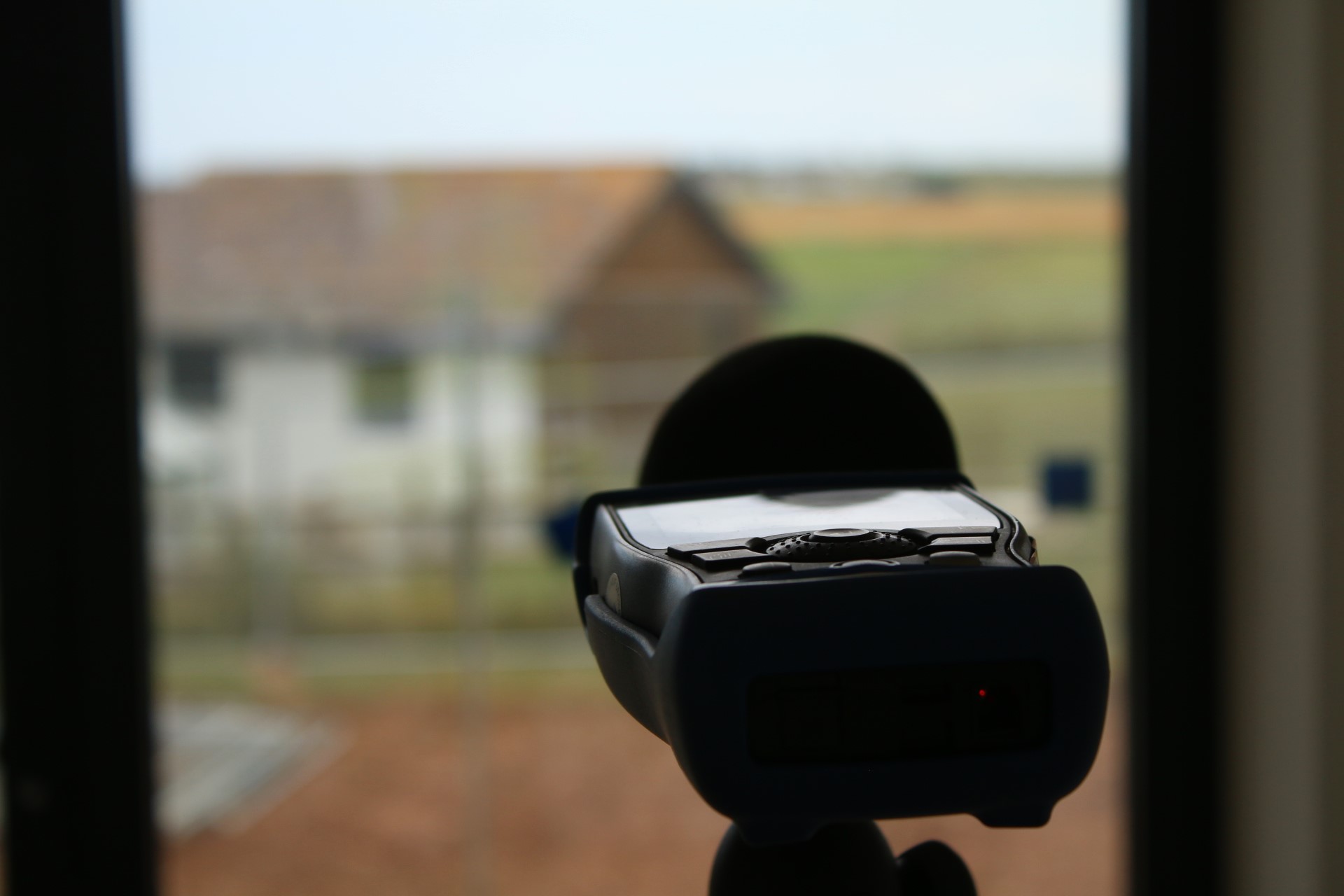Sound Testing
Sound Testing for Part-E Compliance
As trusted experts in Part E Sound Testing with over 20 years of experience and full ANC accreditation, MACH understands the challenges of ensuring compliance with UK Building Regulations. We’re here to solve your sound insulation concerns with nationwide testing, fast certificate turnaround, and expert guidance every step of the way.
Our services include clear advice on Part E requirements, setting onsite sound insulation targets, and preparing your project to avoid failed tests due to incomplete site conditions. If issues arise, our team quickly identifies construction weaknesses and provides tailored solutions to keep your project on track.
Take the stress out of sound testing. With early investigative testing, we help detect and resolve potential issues during development, saving you time, resources, and costly delays. Partner with MACH Group for peace of mind and a seamless path to compliance.

Sound Insulation Testing for Building Regulations
Sound testing has been mandatory since 2003. At MACH Group, we specialize in comprehensive sound insulation testing services, ensuring compliance with UK building regulations. Our accredited engineers offer efficient testing for both new builds and conversions, guaranteeing adherence to Part E standards. Backed by over 20 years of experience and accreditation by the Association of Noise Consultants, you can rely on our expertise and professionalism for your project needs.
-
Sound testing is necessary to ensure acoustic comfort in your proposed development. Since 2003 Approved Document E acoustic sound testing has been mandatory. The building regulation details what is involved within the document which includes, construction details, on site acoustic targets, regulations, and guidance into construction. If you have any questions regarding acoustic consultancy we would be happy to help.
-
The acoustic testing involves speakers and a tapping machine, whereby we will blast a noise in rooms to measure the sound insulation difference between neighbouring properties. We complete a similar exercise using a taping machine to measure the impact sound insulation performance.
-
- Site staff must be aware that no noise will be permitted during the tests
- Windows must be complete with locks in place and fully closable
- All doors must be in place and closable
- All wall surfaces in rooms to be tested must be complete i.e. no holes (painting not required)
- Floors and ceiling surfaces must be fully complete (painting not required)
- Carpets / timber laminates must not be installed on test floors prior to testing
- Smoke alarm detectors must be turned off during testing
- All rooms to be tested should be completely clear of building materials
-
This will all depend on the size of your development. Our fees are competitive and come with expert knowledge should you require any additional advice to ensure you achieve the result you require. We are happy to give reductions on specific dates that we can complete the work. With over 20 years of experience, we can guarantee you are getting the best service possible for acoustic sound testing.
-
Your site should be ready for testing as long as the criteria above are met. For an instant, no obligation quote give us a call now.
We typically complete the acoustic sound testing for Part E nearing the end of your project, typically when the building is being cleaned or decorators are completing final touches. We also do complete sound testing at the start of the project depending on whether you want acoustic consultancy advice or you are requiring changing the floor finish of your dwelling and demonstrating that you are not reducing the sound insulation performance is necessary.

